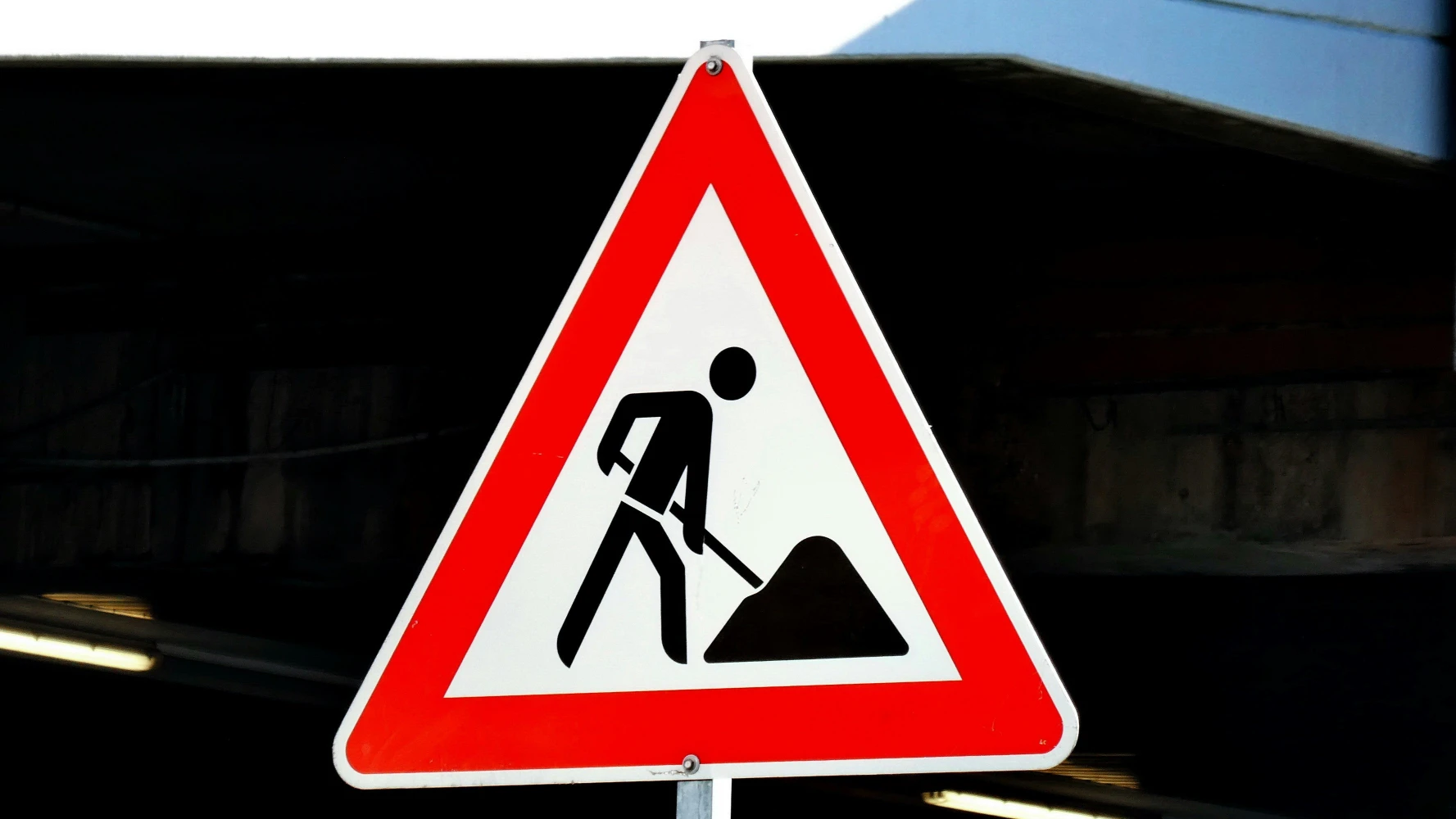
Restitution or Reparation?
Once Ukraine is victorious over the invading Russians, approximately $1 trillion will be needed to rebuild the country and compensate victims of war crimes and human rights abuses.
One trillion is an unprecedented amount of money. The G7+ countries and their taxpayers can’t afford it, nor should they, so Putin must pay for the destruction he wrought across Ukraine.
To put this financial scale into context, the reparations program enforced upon Iraq after its 1990 invasion of Kuwait saw a special tariff on Iraqi oil exports totalling $52.4 billion, which took 30 years to fully pay. Fifty billion is a drop in the bucket considering the lowest estimate for rebuilding Ukraine is $411 billion, and that doesn’t include compensation for victims of war crimes, human rights abuses and psychological trauma.
Making a wrong, right…maybe
Restitution is the restoring to the rightful owner what has been lost or taken from them. Restitution programs are often imposed on the aggressor to providing payment or other assistance to those who have been wronged. Restitution programs are usually part of a peace agreement and the amount of money awarded is often subject to negotiation.
While a restitution program can be used to repair damaged and destroyed homes &infrastructure, it’s commonly used to compensate victims for the unquantifiable effects of war. How much is a human life worth? How much money will comfort a victim of rape? What is the value of a missing limb or a child seized and ‘re-educated’?
Build back better?
Reparation on the other hand, is the restoring to good condition of something that has been damaged. Reparations are better suited to fixing the physical damage and destruction caused by war. Houses must be repaired or rebuilt, highways, bridges and railways restored, farm fields de-mined, and environmental damage remediated. All this is easily calculable.
However, restitution and reparation funds are often combined in the same bucket. This can lead to challenging choices regarding the amount dedicated to physical reconstruction, versus the amount for loss of life, victims of war crimes and trauma.
Never enough to go around
Lately there’s a lot of talk about seizing frozen assets of the Russian Federation and its oligarchs and converting them into cash to pay restitution and reparations to Ukraine. My colleagues and I at The Peace Coalition have been working on legislation to make this a reality. There’s not enough money in the world to compensate a wife who lost her husband, a child who lost their parents, or anyone emotionally scarred after being raped, tortured or mutilated, but $350 billion from frozen Russian central bank reserves is a good start.
Restitution and reparations for Ukraine will cost a trillion dollars, so Russia will be paying for a very long time after they lose this illegal war that Putin started. Rebuilding a shattered country will take decades and require long-term commitment by peace-loving nations to ensure Russia learns that war is not cheap, and the aggressor must always pay.
Slava Ukraini! Heroaim Slava!
